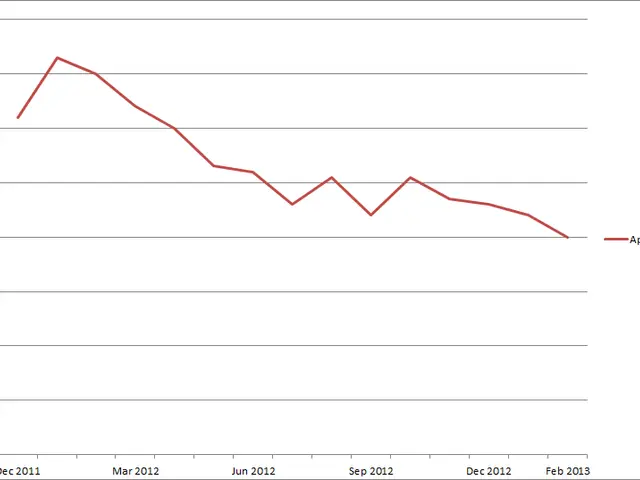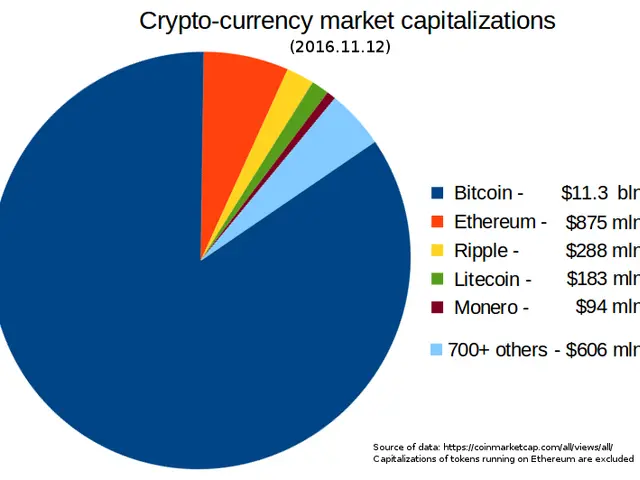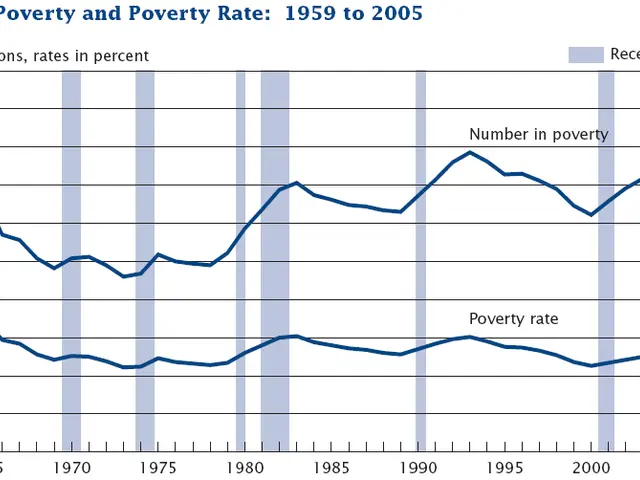Everyday Essentials Unveiled: The Hidden Factors Influencing Common Goods You Can't Do Without in Modern Life
==============================================================
Industrial processing, a fundamental component of modern economies, is undergoing a significant transformation. The sector, which encompasses various methods for transforming raw materials into valuable products, is being shaped by advancements in automation, AI integration, sustainability practices, and robotics.
Advancements
Automation and AI are playing a crucial role in enhancing efficiency, reducing human error, and optimizing resource use. AI, in particular, is enabling smarter control, predictive maintenance, and energy-efficient operations, especially in data-intensive industries. Robotics, driven by advancing AI and machine learning capabilities, is driving precision, speed, and safety improvements, leading to broader adoption in diverse manufacturing tasks.
Sustainability and green manufacturing practices are increasingly embedded in industrial processes, motivated by regulatory pressures and consumer demand. Smart automation supports these by optimizing energy use and minimizing resource waste. Investments in cloud computing and hyperscale data centers are spurring growth in semiconductor and IT infrastructure needed for smarter factories.
Challenges
Despite these advancements, the industrial processing field faces several challenges. High initial costs associated with implementing advanced automation and AI systems can be prohibitive, particularly for small and medium-sized enterprises. Integrating legacy systems with new technologies can lead to data silos and operational inefficiencies.
The sector also faces a skills gap, as operating sophisticated AI, IoT, and automation platforms demands specialized skills. Data quality and availability are critical issues, as AI systems require large, high-quality, and representative data sets. Cybersecurity risks associated with increasing interconnectivity through IoT and cloud platforms are a growing concern.
Environmental concerns, such as air emissions, water pollution, and e-waste, are significant challenges. Supply chain issues, particularly in the semiconductor sector, can affect availability and cost, and broader manufacturing supply chain fragmentation and delays are common.
Strategies for Overcoming Challenges
Building strong relationships with vendors can help ensure reliability in industrial processing supply chains. Companies need to develop robust strategies for sourcing materials from diverse suppliers to address supply chain issues. Adopting renewable energy sources plays a vital role in sustainable industrial processing practices.
In sum, the industrial processing field is rapidly advancing through AI-driven automation, robotics, and sustainable manufacturing innovations. However, it grapples with costly implementation, system integration hurdles, workforce training needs, data and security challenges, and supply chain constraints. By addressing these challenges, the sector can continue to drive economic growth and consumer satisfaction while minimizing its environmental impact.
Read also:
- Two people have passed away, and ten more are hospitalized following blasts at a Pennsylvania steel plant.
- Amidst the influence of industry heavyweights, Thailand's automotive sector strives to regain momentum
- Workers in steel industry frantically enter debris following deadly blast in Pennsylvania, resulting in two casualties.
- Vast automotive manufacturing facility breaks ground in Durban








